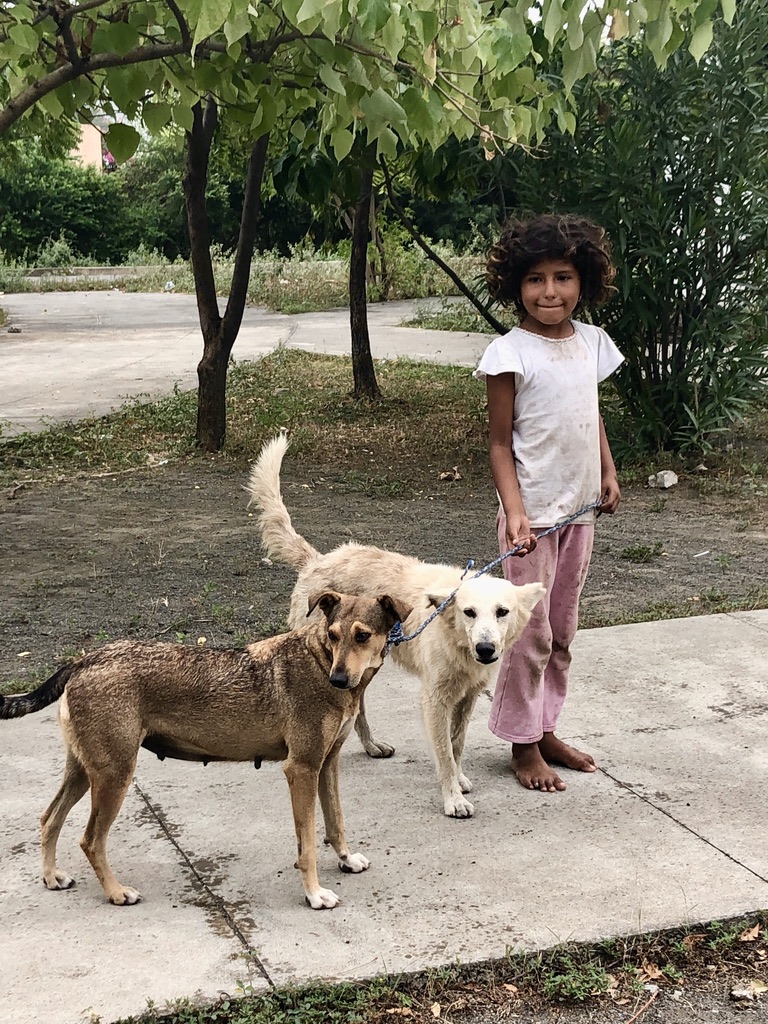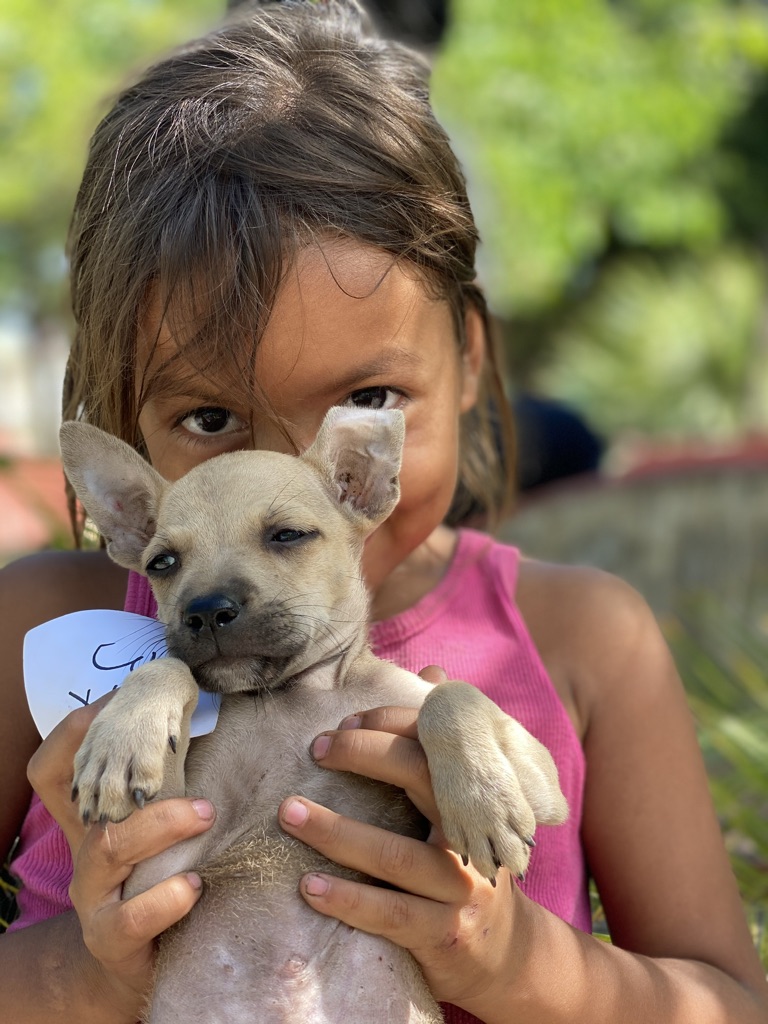Creating lasting and impactful changes in a community where there is little hope for the animals, veterinary assistance and limited access to veterinary care was our primary goal when we arrived at Villa Guadalupe, Nicaragua.
When we heard our veterinary partner, Aprovet, was hoping to collaborate with an organization to host a much needed clinic in Villa Guadalupe, we jumped at the opportunity to positively impact the pets and homeowners alike in an area of great need.
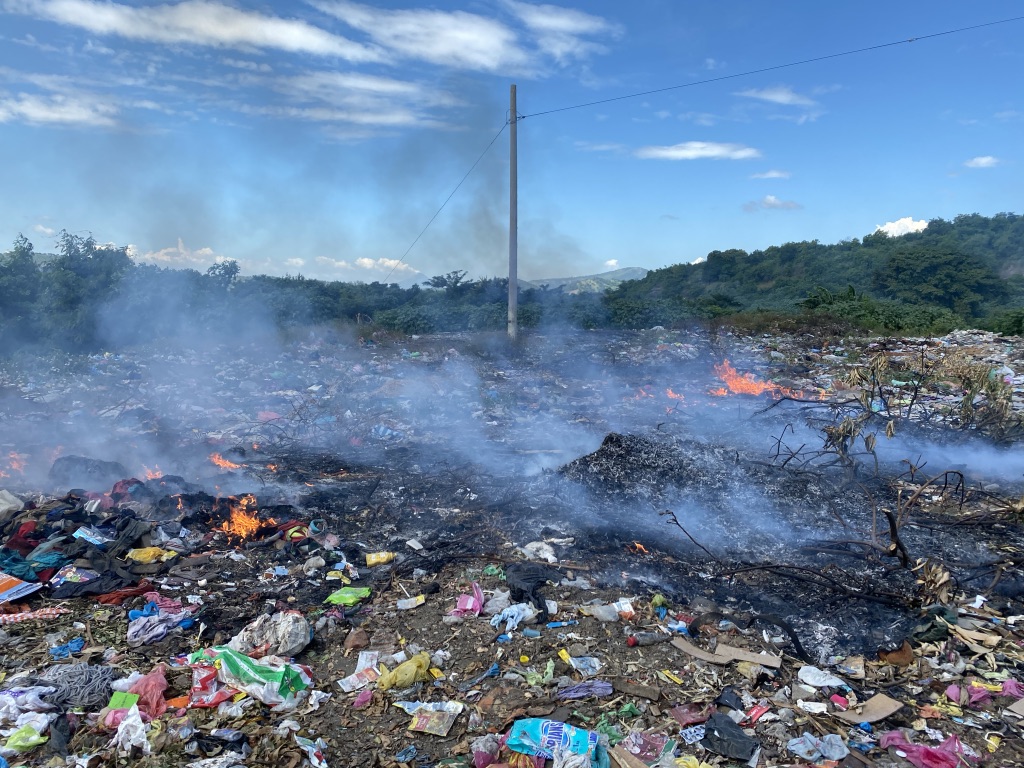
Our primary goal in Villa Guadalupe, Nicaragua was to create lasting and impactful change by providing hope and veterinary care to the animals. When we arrived, there was little hope and limited access to care.
Villa Guadalupe is an incredibly impoverished community located on the outskirts of La Chureca — Central America’s largest municipal dump in Managua. The immediate community of Villa Guadalupe houses approximately 4,700 citizens, (1,000 from the closing of the La Chureca municipal dump and 3,700 displaced by flooding in Managua according to a community survey done in 2013 by Manna Project International ). In Villa Guadalupe, there are hundreds of working animals, mainly horses and mules, being worked seven days a week. The population lives on the average family daily income of $2USD per day.
My first trip to Villa Guadalupe and La Churera was planned to investigate what preparations would be needed in these communities. Immediately, I was faced with the immense enormity of the work that lay ahead. What I saw and experienced cannot adequately be described in words but I’ll attempt to offer you a picture of what your eyes might see in this community. I saw dogs and cats roaming everywhere with every visible disease you could imagine. I saw horses with wounds from overuse or improper tack, limps from exhaustion and lacking proper shoes. I saw multiple female dogs with visible vaginal tumors and, I saw that most dogs had significant fleas, ticks, skin problems, wounds, and visible side effects of chronic parasites. Clearly, life was incredibly difficult for these animals.
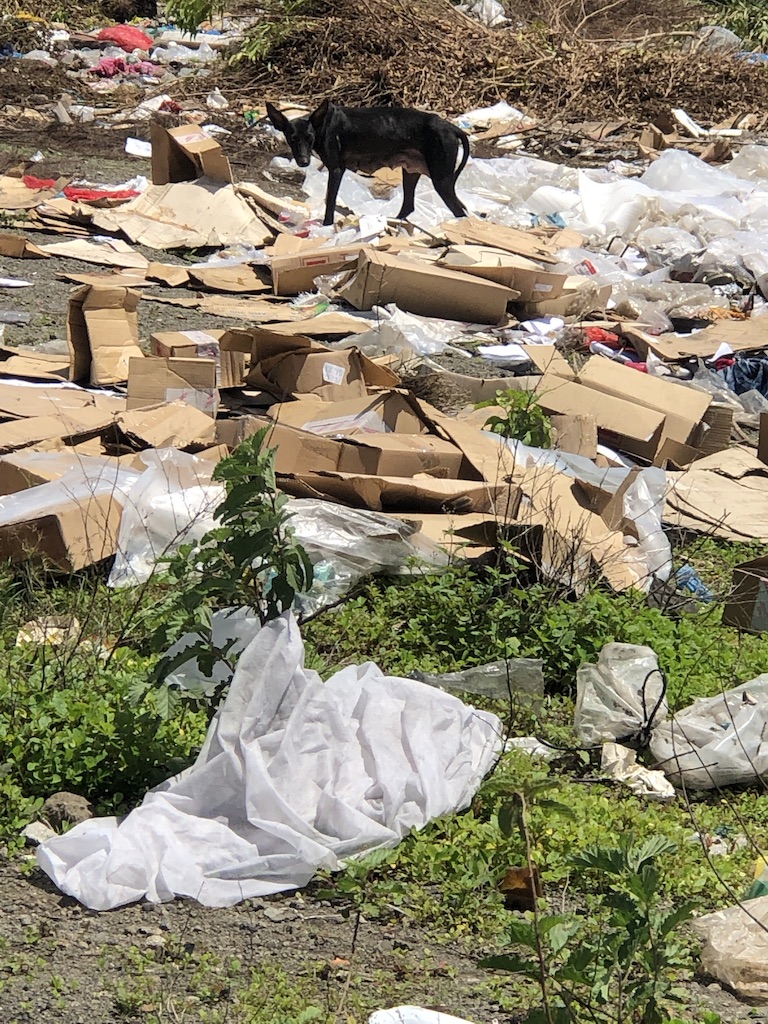
When we heard that our veterinary partner, Aprovet, wanted to collaborate with an organization to host a much needed clinic in Villa Guadalupe, we jumped at the opportunity to positively impact the pets and homeowners in this area of great need. As we planned for this clinic, my emotions ranged from fearing the numbers of who might attend to fearing the potential lack of understanding as to why their attendance was so very important. A few days before our first clinic, we canvased the community and the outskirts of the dump with Fundación Adan taking a visual census, plastering posters, talking to residents, and taking account of the most vulnerable animals whom we knew we had to care for upon our return.
On September 19, 2019, we hosted the first-ever animal wellness clinic for working and domestic animals in and around Villa Guadalupe. This clinic, in preparation for our future spaying and neutering clinics, was intended to address some of the basic health issues of these domestic animals so that our doctors could perform the necessary surgeries at the next clinic, prioritizing the needs of the working animals.
It was about 95 degrees and the humidity and poor air quality was immense. We were a team of seven that day. Aprovet and their team, Fundación Adan and myself. Our day began with us setting up at 6:30 AM. We truly had no idea what our day would look like. We were in a community where it seemed like providing for your family was a luxury. How could anyone take the time to care for an animal when their own suffering was at the forefront of their thoughts? As the clinic began, I was humbled by how many needy families and animals arrived. So many families arrived that while I distributed identifying numbers to create a queue, the question of, “How is NicaLove going to pay for this?” occupied my mind. Never did we expect this many people and animals to attend the clinic. By mid-morning, I was both, silently, hoping the stream of clients would end, and, expressively, wanting to help every deserving animal and owner that came to our clinic.
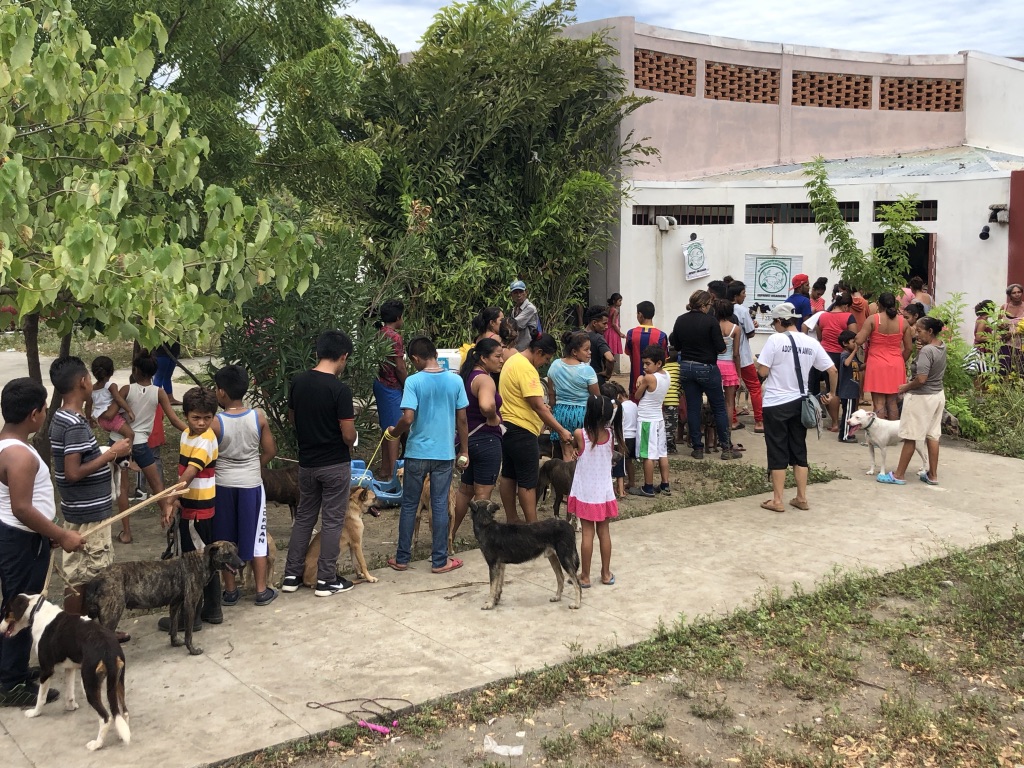
We treated all possible zoonotic diseases and common ailments of free roaming pets and horses pushed to their limits. Cancer, scabies, fleas, ticks, parasites, TVT (transmissible venereal tumor), skin lesions, abuse, neglect, chronic malnutrition and more… The stream of clients came to an end just before 2 PM. Sixty horses, 298 dogs, cats, rabbits, a couple of goats and some pigs.
We treated all possible zoonotic diseases and common ailments of free roaming pets and horses pushed to their limits. Cancer, scabies, fleas, ticks, parasites, TVT (transmissible venereal tumor), skin lesions, abuse, neglect, chronic malnutrition and more… The stream of clients came to an end just before 2pm. 60 horses, 298 dogs, cats, rabbits, a couple of goats and some pigs.
Following emotional highs, dramatic lows and hard work, reality always sets in. This clinic cost NicaLove double the money than expected. NicaLove was officially in the “red.” Not only did we need to figure out how to pay this very worthwhile-vet bill, we needed to plan for a two-day clinic just months away. NicaLove needed support and, in turn, received many small generous donations anchored by the large gift from our dear friend, Joan, of the Emily Zofnass Foundation. With this support we were able to pay our past bills and plan ahead for our next clinic.
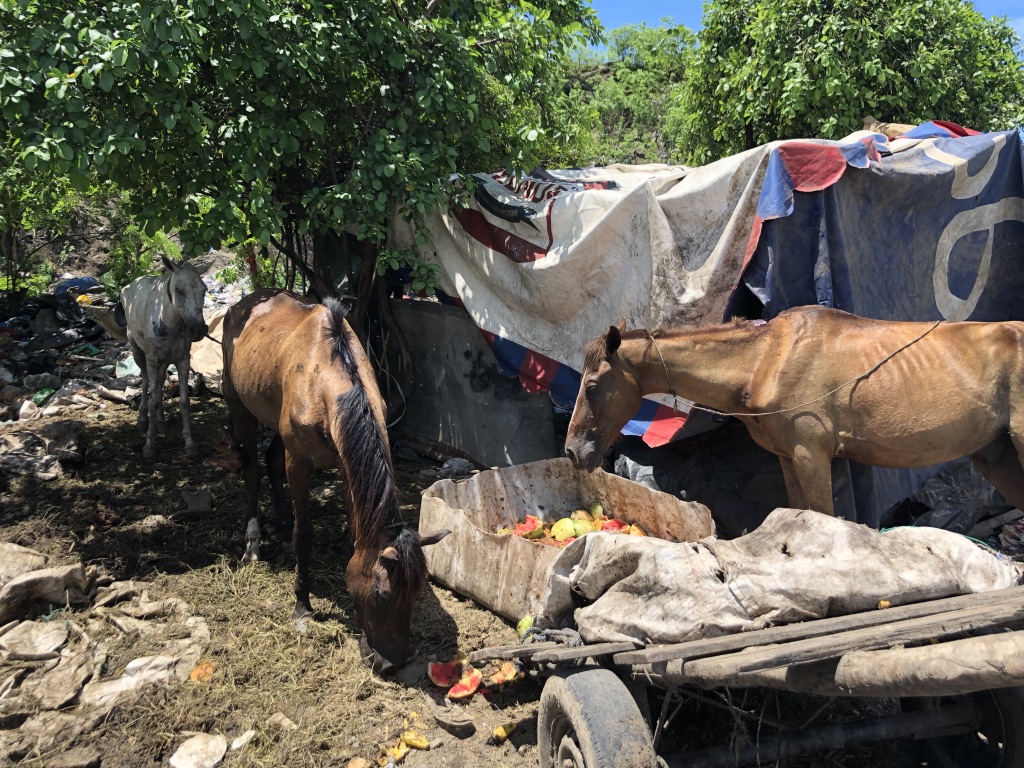
On November 23/24, 2019, Nicalove hosted a two-day spay and neuter clinic on the heels of our previous wellness clinic, in the same location of Villa Guadalupe. The intention was to keep the momentum going and keep the conversation open about animal needs and care in the community. Once again, we collaborated with Fundación Adan and Aprovet. Our group of volunteers was big, including three volunteers from the USA who attended on behalf of the Emily Zofnass Foundation. We were anticipating and hoping for another huge turnout.
It was a usual hot and steamy November weekend in the city and the air was filled with smog from the trash burning just a short distance away. The community was still quiet when we arrived. We were ready to begin surgeries at 7 AM … but few clients were waiting.
We began talking to the pet owners often with their female dog or cat only. Many simply asking for vaccines or help with an injury or visible need even though we were promoting spaying and neutering. We quickly learned that surgeries were going to be a harder sell which seemed to be based on fear or socio-economic beliefs. About three hours into our clinic, we knew we needed to reach more people. We hired a moto-taxi driver and, once again, we personally canvased the community with a loud speaker announcing our free clinic and the benefits of this service. Still the clients seemed to only just trickle in. We met some caring families who brought their dogs and cats for surgery, knowing how important sterilizations are for their pets and community as a whole. It was evident that only this small percent understood why sterilizations were important and how spaying and neutering would impact both their dogs and cats health and the wellbeing of the community. There were hundreds of pet owners that didn’t attend our clinic and there was nothing more we could do to encourage them. This is a hard reality when working in poorer communities that are saturated with lack of knowledge , socio-economical beliefs, and severe poverty.
There is a stigma with neutering male dogs which is rather strong in this culture. It’s referred to as machismo – male pride. This pride trickles down to animals. Many male owners say it’s cruel to cut a dogs testicles because it is a reflection of how that would feel as if it were done to them. Most people don’t want to hear the facts about a non-sterilized dog transmitting horrible diseases that ultimately cut short the lives of many animals. Beliefs are difficult to change. Cultural beliefs are even more difficult to change. Communities like Villa Guadalupe need time and they need education to better understand the newer beliefs of humane care and the benefits of animal wellness. And, furthermore, these communities need access to consistent care and education in order to trust those entering their communities to provide for their animals.
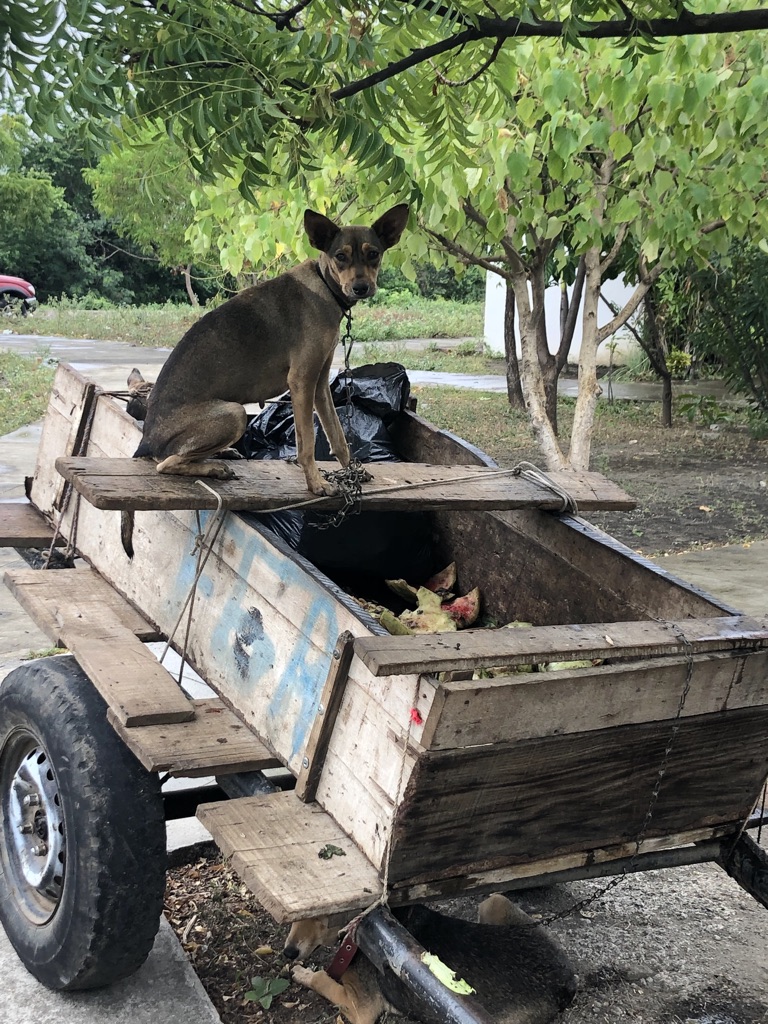
The current needs, the current beliefs and the current practices in this impoverished community and others just like it are almost unimaginable to most of us. It is heartbreaking, it is provocative of care and it is a call to action. Education, knowledge and access to care is paramount to Villa Guadalupe and other like communities as they learn about the importance and necessity of animal welfare.
We knew from the start that this would be an immensely impactful project. Yet, we, truly, had no idea what the results would be or how the community would receive our presence. In our research, we found that we were the first and only veterinary-aid group to have ever hosted a clinic in this high-risk community. The needs in this community felt immeasurable and the current understanding of compassion and care for animals was lacking, but we learned in the end that our work was respectfully appreciated by many. To us, this respectful appreciation represented positive impact. And, as I allowed my emotions to set in, I realize not only did we treat 358 animals in this community, we gave them hope, their families too.

